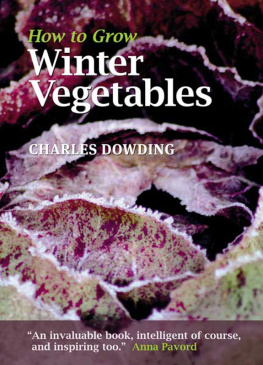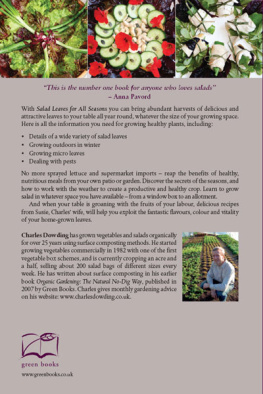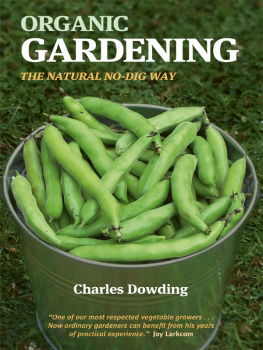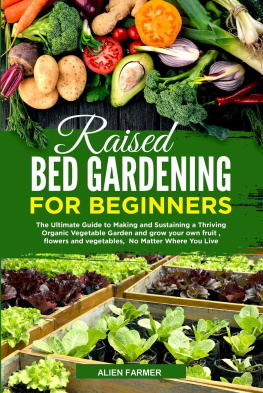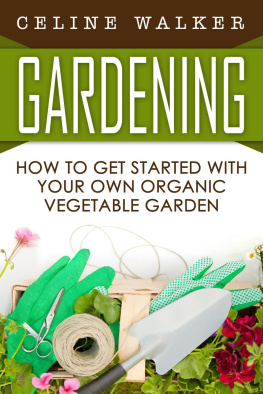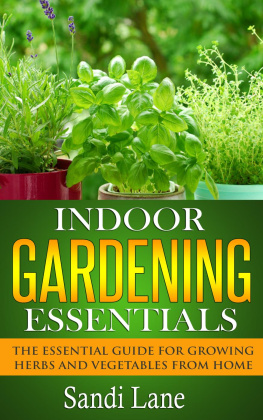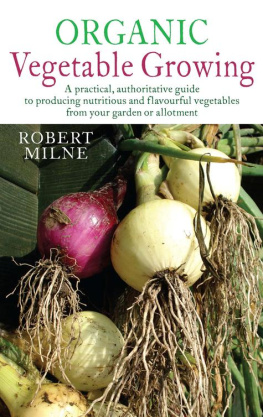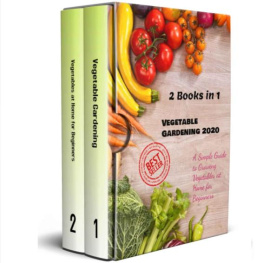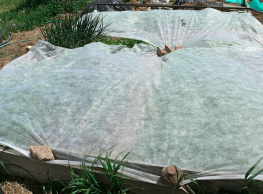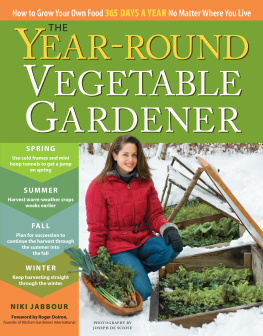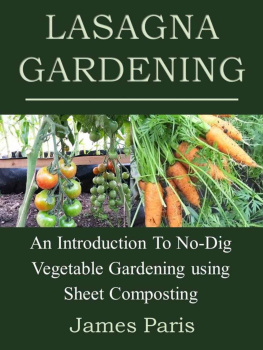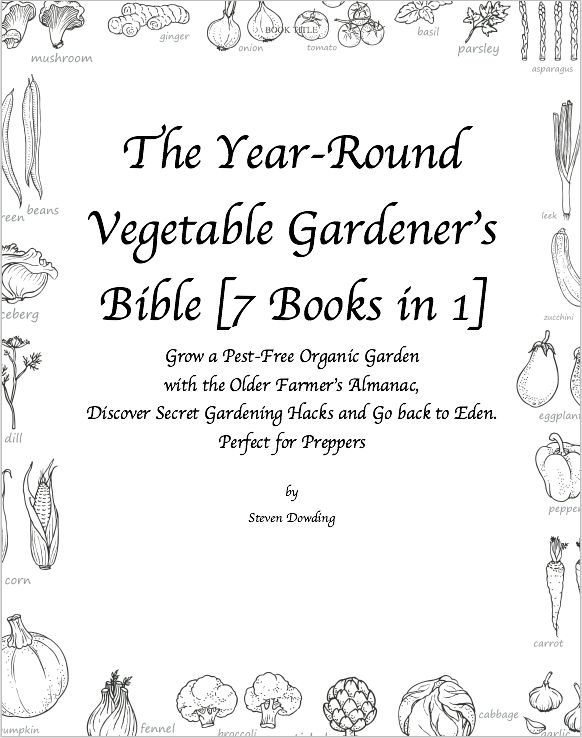
Copyright 2022 Steven Dowding
The content contained within this book may not be reproduced, duplicated, or transmitted without direct written permission from the author or the publisher. Under no circumstances will any blame or legal responsibility be held against the publisher, or author, for any damages, reparation, or monetary loss due to the information contained within this book, either directly or indirectly.
Legal Notice
This book is copyright protected. This book is only for personal use. You cannot amend, distribute, sell, use, quote, or paraphrase any part, or the content within this book, without the consent of the author-publisher.
Disclaimer Notice
Please note the information contained within this document is for educational and entertainment purposes only. All effort has been executed to present accurate, up-to-date, and reliable, complete information. No warranties of any kind are declared or implied. Readers acknowledge that the author is not engaging in the rendering of legal, financial, medical, or professional advice.
ABOUT THE AUTHOR

S teven Dowding is the owner of an organic farm near Mason City (Iowa). He cultivates his own garden, intending to safeguard heirloom seeds from extinction, ancient varieties of vegetables resistant to diseases and endowed with good nutritional properties. He has been a seed saver for almost 25 years now.
It was January 1996, and while it was raining outside, he was bored leafing through the catalogs of the seed companies that he had found one after the other. Determined to order seeds for spring, Steven found these catalogs very similar, with the same varieties of vegetables, tomatoes, carrots, peppers, zucchinis, and eggplants; the names changed, but the shapes and colors were always the same.
So, Steven decided to go to the countryside, looking for something different. He abandoned the city and his previous activity as a herbalist. He chose to live and work full-time as an organic farmer and seed saver, trying to implement a project for a family garden that would ensure him and his family good food self-sufficiency.
Steven is a vegetarian, and he makes sure to have on his table not only vegetables and fruits obtained without the use of pesticides but also the flavors, aromas, and fragrances that no longer inhabit modern farm products.
Steven is also a book writer; he constantly connects with seed saving networks across the United States, widening his searches by sending letters to look for seeds suitable for organic farming. As a pro seed saver, he is convinced that the plants he would obtain from sources produced with organic methods would be stronger and more resistant to disease.
Steven lives in Iowa with his family and his dog, Buck, who also helps him grow seeds!
TABLE OF CONTENTS
INTRODUCTION
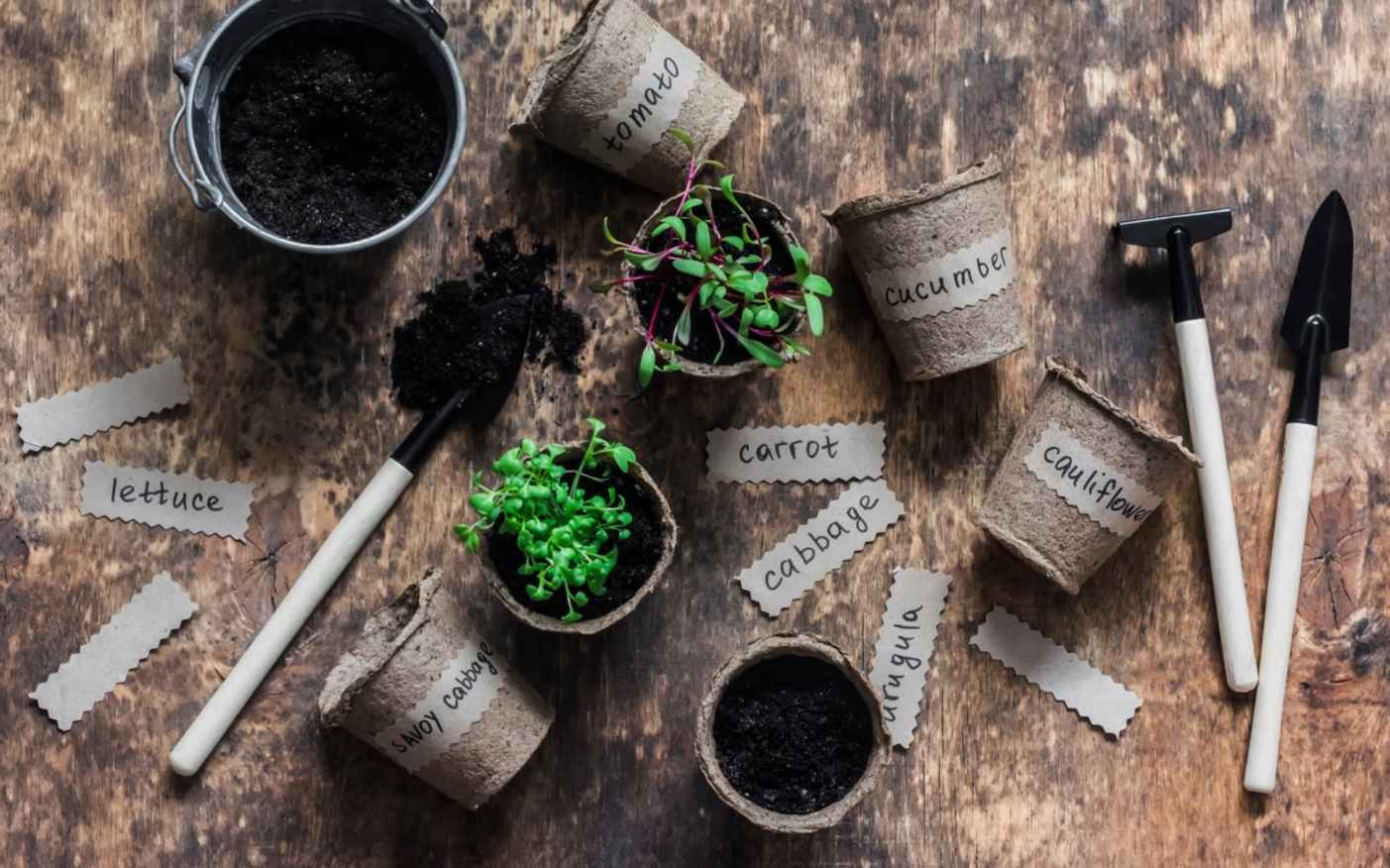
O nce it was said that agriculture was a tiring and not very noble profession, they used to say: 'The land is low!' Today the situation has unexpectedly reversed: a handkerchief of land to cultivate has become a kind of status symbol.
It is an enormous pleasure to hear friends, acquaintances, and an ever-increasing number of people get excited about having managed to grow tomatoes on the balcony or for having given new life to the kitchen garden in the countryside.
It is truly a period of a cultural renaissance. While consumption models fail, while the economic crisis is raging, people react by going back to doing something concrete and useful for mental and physical health.
As if to say that even if the world around us collapses, there is always a little hope in cultivating our little garden and in realizing that it takes very little to be happy.
Alone or with your family: growing crops and vegetable gardens are becoming a way to save relationships between people; in some cases, it's better than a holiday.
Obviously, the earth has always remained 'low-lying' and always requires effort, but it is certainly a form of physical effort that, if done right, regenerates the body and mind.
I like the vision of the Japanese, who are much more farsighted than us in this sense. As a dear friend who went to live in Japan told me, in those parts, it is customary to say: working the land is the noblest profession, as it is the only case in which one must often kneel without ever losing one's honor.
But if the garden is good for the wellness of citizens and can be a choice of taste, it can also represent the solution to even more serious problems, such as poverty.
According to the FAO, by 2020, the global urban population living in extreme poverty could reach 45 % or 1.4 billion people.
Faced with this so-called 'population bomb,' the best detonator for FAO consists in picking up the hoes and cultivating in the city and in the peri-urban countryside.
In Africa alone, there are 130 million urban farmers, and in Latin America, 230 million. Shivaji Pandey, director of FAO's Crop Production and Plant Protection Division, says urban horticulture is the solution to the problem of poverty: it's the cheapest way to access fresh food with the best organoleptic qualities.
The cheap urban food consumed by the poor population is of poor quality: it has a high fat and sugar content and is responsible for chronic diseases such as diabetes and cardiovascular diseases. Especially in poorer urban areas, there is less and less fresh quality food available.
This phenomenon, characteristic above all of the large cities, is called the 'food desert' and indicates the areas of the city where there is a recognized difficulty in accessing food.
From the North to the South of the world, the garden, therefore, becomes the way to defeat poverty and the economic crisis, to get by on your own, to be outdoors, and why not?, to learn again to take the right measure of time, the seasons and the beauty of simple things.
The vegetable garden, then, becomes important for understanding, from an early age, the origin of food, the way to produce it yourself, increasing food security, and creating a healthier environment and community.
It helps to reduce energy consumption and waste production, reduce waste and increase the quality of life.
According to the sociologist Kaplan, if we cultivate to obtain a harvest, we use voluntary attention oriented towards the achievement of a goal.
So, thanks to four aspects highlighted by Kaplan, I discovered 4 emblematic keywords I want to pass to you that represent the secret of the powerful vegetable garden to reduce daily stress:
- Being away: understood as distraction, distance from problems. When we are immersed in a natural environment, we distance ourselves from the contingent, from the anguish of everyday life.
- Fascination: understood as enchantment. This concept is closely connected to that of beauty, that is to say to that wonder and seduction that make us use the involuntary attention that acts without cerebral effort and in the stillness of the mind.
- Extent: encompasses the concept of spatiality, interpenetration, and connection. It is the aspect linked to biophilia and our belonging to one or more connected systems.
- Compatibility: understood as 'affinity,' feeling at ease. And it indicates exactly what happens in a garden, where defenses are abandoned: we don't feel judged and we don't judge, we don't feel separate, and we don't separate, we don't feel offended, and we don't offend.
Next page
![Dowding The Year-Round Vegetable Gardener’s Bible [7 Books in 1]](/uploads/posts/book/453239/thumbs/dowding-the-year-round-vegetable-gardener-s.jpg)
